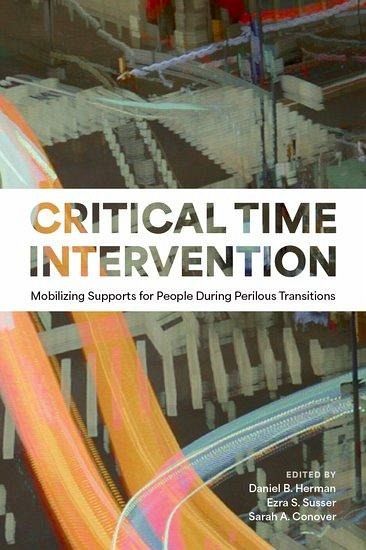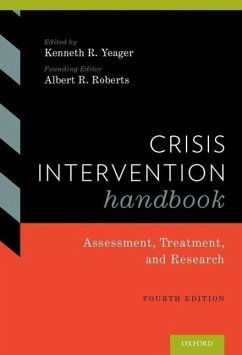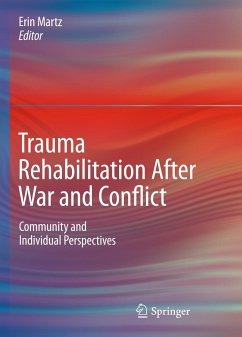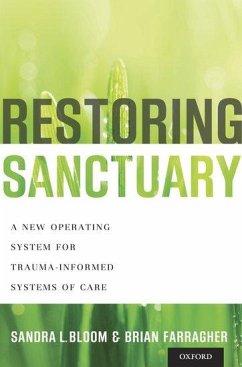
Critical Time Intervention
Mobilizing Supports for People During Perilous Transitions
Herausgeber: Herman, Daniel B; Conover, Sarah A; Susser, Ezra S
Versandkostenfrei!
Versandfertig in über 4 Wochen
89,99 €
inkl. MwSt.
Weitere Ausgaben:

PAYBACK Punkte
45 °P sammeln!
This book is the first to fully describe critical time intervention (CTI), a time-limited, evidence-based model of care that provides direct emotional and practical assistance and strengthens individuals' ties to their community and support systems during critical periods of transition in their lives. The model is widely applied in the US and elsewhere by case managers, social workers, and others seeking to help vulnerable people--including those who are homeless, those with severe mental illness, and others--re-establish themselves in the community with access to needed supports.













